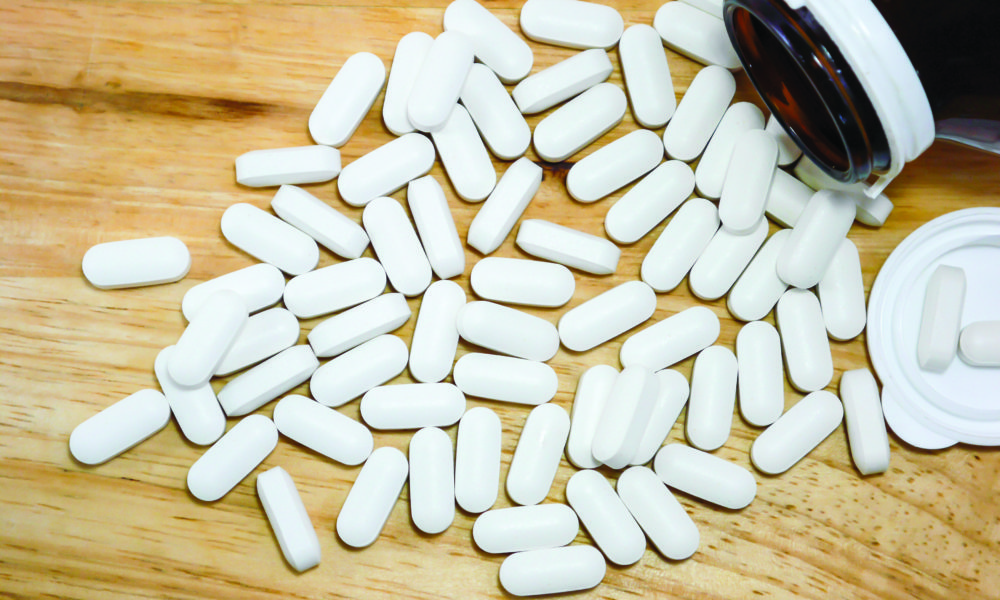

In an increasingly stressful and toxic world, a good multivitamin is more important than ever.
By Jenevieve Roper, PhD, CSCS
Ever hear of a food jag? If you have kids, you may know a little something about it. Essentially, with kids, they get stuck in a rut and refuse to eat anything but macaroni and cheese or some other random high-carb, low-nutrient food. Well, as adults, and especially those trying to put on muscle or lean out, we can often find ourselves in a food jag. Except your kind is where you only eat tilapia and asparagus or chicken and rice for extensive periods of time. While it helps us reach our physique goals, we can end up cutting out a lot of vital nutrients, which eventually wreaks havoc on our bodies, and even more so on our metabolism and strength.
Certain vitamins and minerals need to be consumed just about every single day. They aren’t stored in our fatty tissues, so they get flushed out of our systems along with water. And when diets become overly restrictive, you can end up missing out on many nutrients that can keep you in top shape. This is where a multivitamin comes in handy. While it’s not the sexiest thing in your supplement toolbox, it’s still one of the most important.
The next question is what multivitamin should you be taking? With so many out there you can never really go wrong, as they all contain most of the vital nutrients you’ll need. But as an athlete (yes, you should be considering yourself an athlete right now), certain multis are going to be better than others as they contain higher amounts of specific vitamins and minerals that aid in muscle hypertrophy, and others that get used quickly in an active lifestyle. If we at Iron Man had to create a multivitamin, here are a few things we would include.
Vitamin D
While a fat-soluble vitamin that you shouldn’t have to consume every day, vitamin D is essential to include in your multivitamin. It’s responsible for supporting the immune system and increasing cognition, but recent research shows that it is also linked with testosterone production and metabolism function. Yes, this is the same vitamin that is synthesized by your body when you step into the sun for at least 15 minutes. But with an increase in sunscreen use (which blocks absorption of vitamin D) and a darker complexion, about 80 percent of the US population has a vitamin D deficiency.
Therefore, it’s essential that your multi include vitamin D. But how much? Well, the recommendation is about 400 to 800 IU per day, but it appears that is too low. You should try to take in about 1,000 to 2,000 IU per day, which should meet the needs of most athletes. This means you may have to supplement with vitamin and a multi. And yes, that is even if you’re in a high-calorie bulking phase. Vitamin D is one of the few nutrients that is almost impossible to consume adequate levels of from whole foods.

Iron
Iron is a mineral that is mostly known for its ability to transport oxygen within the body. It attaches to a specific molecule known as hemoglobin, which allows for the attachment and transportation of oxygen. When iron stores get low, the first sign is fatigue. So if your energy is low and you can’t seem to get through your workouts, iron may be the culprit. It’s found in many types of foods, but mainly animal foods, such as beef and chicken.
While women are usually more concerned about developing iron deficiencies, you should know that anyone who regularly exercises is at risk of low iron levels. The athletic population actually needs about 30 percent more iron than non-exercisers. While we aren’t sure about the mechanism, it was thought that a large amount of iron is lost through sweat. While we don’t believe large amounts are depleted that way anymore, we still known that some small amounts can be lost, which may contribute to the increased need. Look for at least eight milligrams per day to help maintain your performance.
Zinc
Zinc is an antioxidant that helps support the immune system. But did you also know that it regulates testosterone production? It also helps in the conversion of cholesterol to free testosterone alongside magnesium. Zinc is a micronutrient that we get from food, but many athletes do not consume a whole lot. And because we lose it in our sweat (a little more than we do iron), athletes are especially susceptible to be deficient in zinc.
There are two recommended doses for zinc, one of which is more of a maintenance dose. But since you’re an athlete, you are typically at risk for deficiency, so you’ll need to consume the higher dose of 25 to 45 milligrams per day. Be wary of going above 40 milligrams a day, however, as research has shown that it can start to interfere with calcium and magnesium absorption since they all use the same transporter.
Vitamin E
Vitamin E is actually a group of several different compounds that all work as antioxidants and help boost the immune system. This is important because the harder you train, the more susceptible you are to getting sick because of something known as “the open window.” Infections and sickness could potentially derail your training. And your risk is even higher when you start incorporating two-a-days.
While vitamin E can be adequately consumed through the diet in foods like avocado and olives, it can be difficult for some athletes to get enough when on a low-fat diet. Look for a multivitamin that contains at least 15 milligrams, but no more than about 150 milligrams.
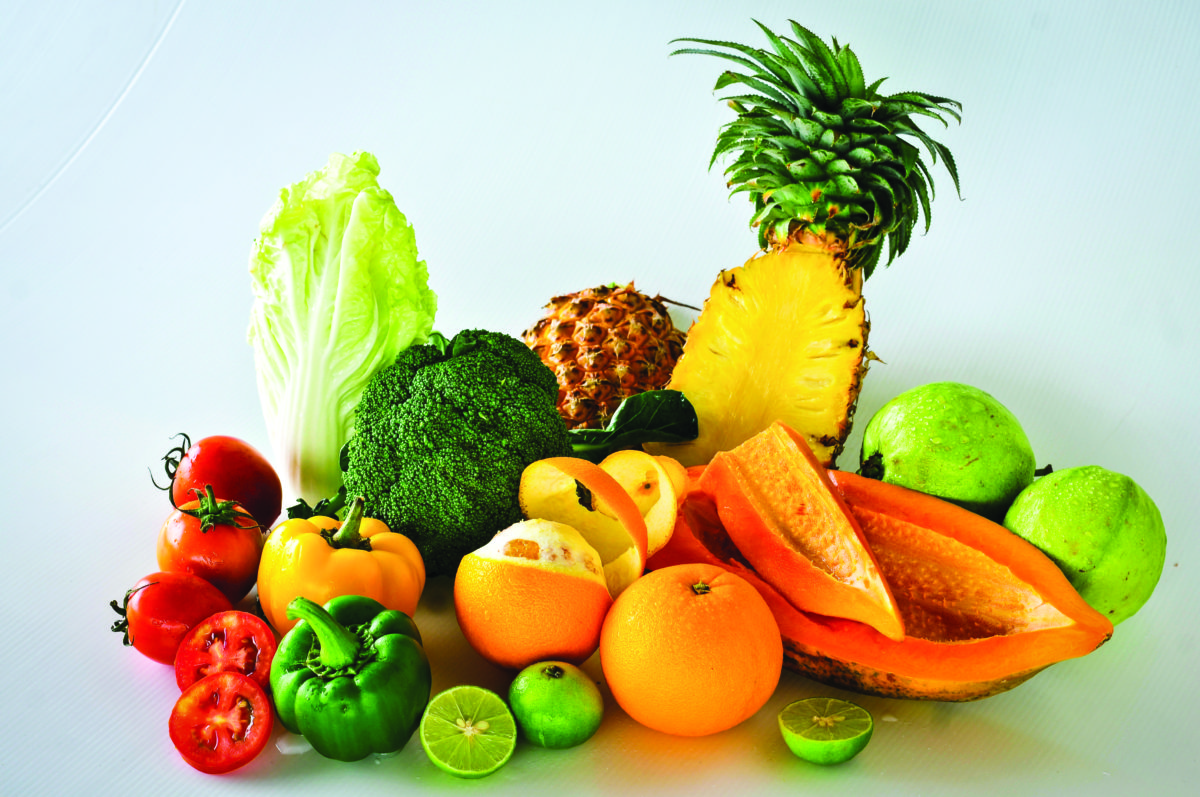
Vitamin C
Vitamin C is another antioxidant that is known to help boost the immune system and prevent infections. While many foods are fortified with vitamin C, anyone who is restricting their carb intake may be missing out on this key nutrient, since most processed grains, breads, and juices contain vitamin C. And as someone who trains hard, you definitely need more vitamin C than the average Joe.
Most will recommend 100 to 200 milligrams per day since you can easily get vitamin C through the diet, but as an hard-training gym rat, you should be opting for about 2,000 milligrams per day. This will also help support your immune system as your training intensity increases as well as facilitate zinc and iron absorption.
Magnesium
Magnesium is another mineral that is a common deficiency in the US. It comes second to vitamin D because grains are actually a poor source of magnesium. And when athletes are carb-restricted in combination with performing high-intensity exercise, magnesium can actually be depleted in our systems fairly quickly since it is a key player in exercise metabolism. Not only is it needed for exercise metabolism, but it helps with testosterone production as well, and can impact muscle hypertrophy.
Therefore, you probably need a bit more magnesium than you actually think. The standard dose is 200 to 400 milligrams per day. Of course, anyone doing morning cardio and 90 minutes of weight training five to six days a week could use a bit more. Actually, a lot more. In fact, it has been recommended that athletes take 200 milligrams per 50 pounds of bodyweight and on days of increased performance (i.e., two-a-days), you should take up to 300 milligrams per 50 pounds of bodyweight.
Chromium
Chromium is an essential mineral that is known to help regulate glucose metabolism and insulin sensitivity. In short, it potentially has the ability to increase the action of insulin and keep your blood glucose levels steady, if taken throughout the day. This helps fight hunger and keeps your diet on track. It is also a common deficiency among those in the US, as it has little bioavailability in most of the foods we consume. Therefore, supplementation is a must, especially with athletes on a restricted diet.
Now, when only supplementing with chromium, usually it’s taken with meals, twice a day. So you may have to follow the manufacturer’s guidelines on when to take your multivitamin. However, the minimum you want included in a day is 1,000 micrograms. IM
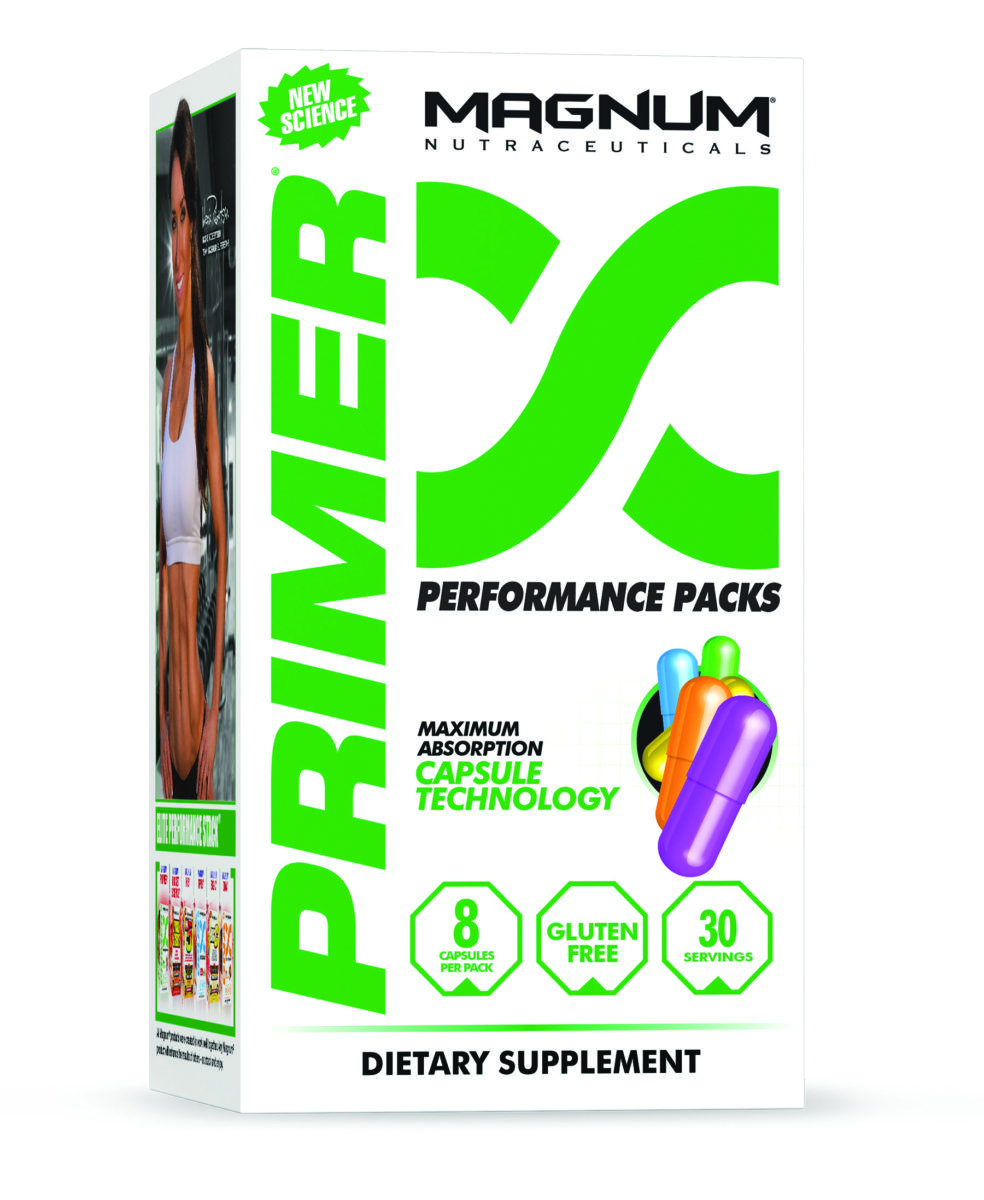
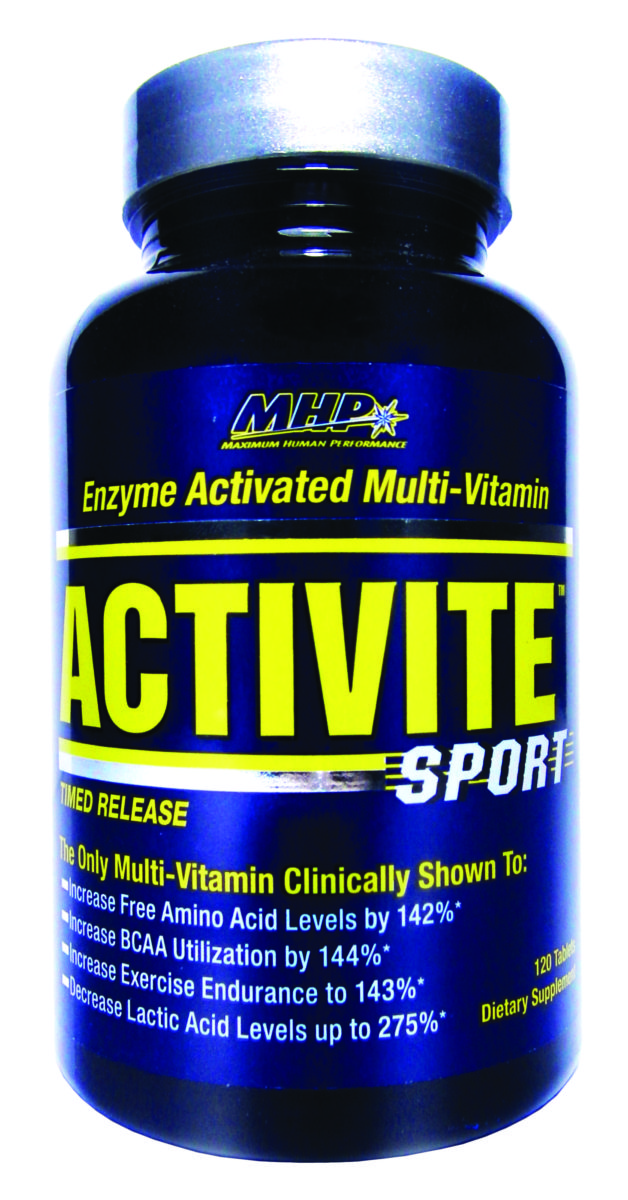
Beyond The Basics
A new breed of multivitamin has appeared on shelves in recent years aimed at the ultra-active gym crowd. It’s smart move, as a hard-training, strict-dieting 24-year-old needs something more than the Centrum Silver that his grandparents take. Here are a few smart extras to look for to round out your nutrient intake:
- Carotenoids: These yellow, orange, or red fat-soluble pigments act as antioxidants to protect against chronic diseases. They include lutein, zeaxanthin, lycopene, and many more.
- Digestive enzymes: Let’s face it, protein and fats can be hard to break down sometimes. They include amylase, protease, cellulase, and lipase.
- Flavonoids: Also called bioflavonoids, these plant-based antioxidants provide a multitude of health benefits to the heart, metabolism, and immune system.
- B vitamins: Key players in regulating the metabolism
- Biotin: Great hair, skin, and nails always catches the eye of attractive partners, but also for its role in regulating the metabolism.
- Calcium: It should speak for itself, but let’s just say you need to make sure you get adequate amounts for strong bones, muscle contraction, and nerve transmission.






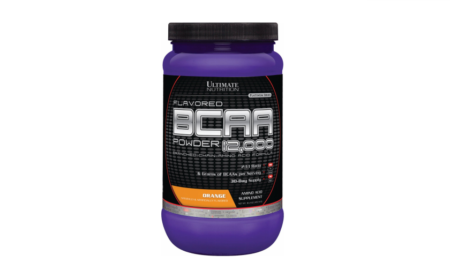
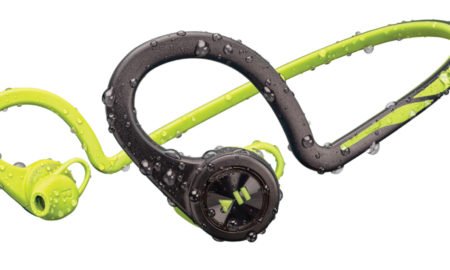





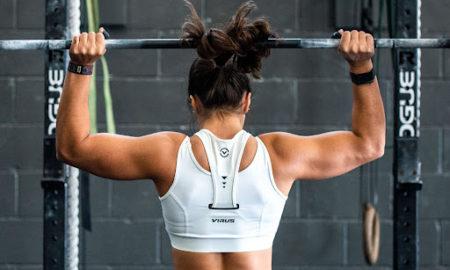




You must be logged in to post a comment Login